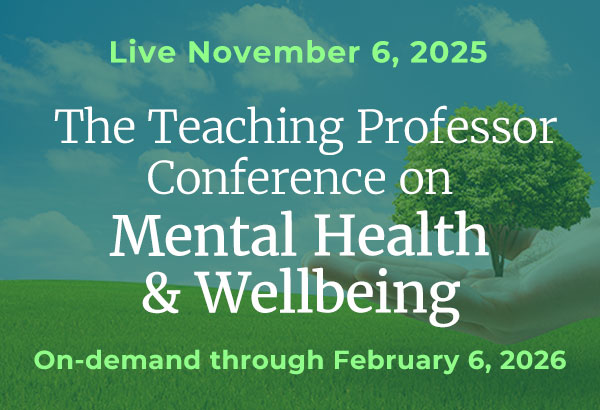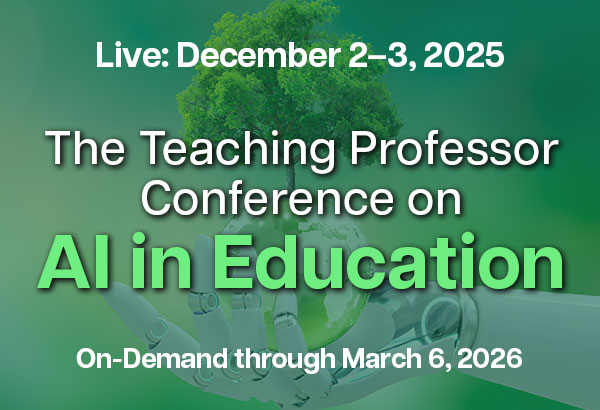
Giving Metaphors a Second Look: Teaching as Selling
Few metaphors have generated more objections than equating students to customers and education to a product. It faces challenges on multiple fronts. Tuition dollars do not buy grades or a degree. Education does not come with a money-back guarantee, and the customer is not always











